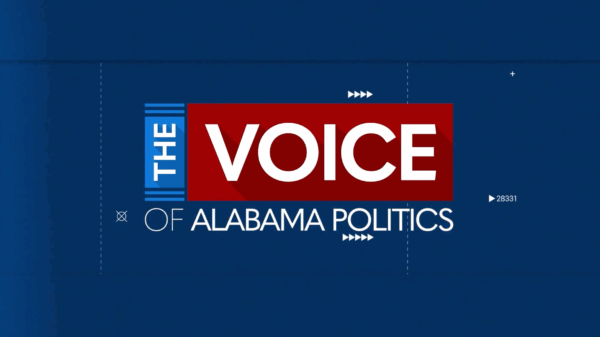By Bill Britt
Alabama Political Reporter
MONTGOMERY—The State has given notice to the court that it plans to introduce other crimes, wrongs, or acts in the case against Speaker Mike Hubbard, under Rule 404(b).
Rule 404(b) “refers to ‘a crime, wrong, or other act’ and does not say that those other acts need ever have resulted in arrest, prosecution, or conviction or even be criminal,” according to a study made at Indiana University Law. The study states that under Rule 404(b), evidence may be admissible for any of nine other reasons, so as to show motive, opportunity, or intent.
Federal evidence review state, “…the rule allows the introduction of other acts evidence for limited purposes if it bears on a relevant issue, such as motive, opportunity, intent, preparation, plan, knowledge, identity, or absence of mistake or accident.”
Hubbard is scheduled to stand trial in May on 23 felony counts of public corruption.
In the notice filed with the court on April 8, the State says it will offer evidence that Hubbard funneled money through various entities to himself, or businesses with which he is associated, used his position as Chairman of the ALGOP to benefit himself, or a business with which he is associated. That he intended to evade Fair Campaign Practices Act, or Ethics Act reporting requirements, solicited lobbyists and principals for thing(s) of value for himself, businesses with which he was associated, or fellow elected officials.
It further states that Hubbard used the mantle of his office to benefit his consulting clients and businesses, with which he was associated, used the mantle of his office to benefit lobbyists and principals during the same time frame he was soliciting and/or receiving thing(s) of value from those lobbyists and principals, and provided things of value to lobbyists and principals during the same time frame he was soliciting and/or receiving things of value from those lobbyists and principals.
The State says it will enter other evidence that Hubbard and/or a business with which he was associated received thing(s) of value from lobbyists and principals that he had an express or implied agreement with lobbyist(s) or principal(s) that Hubbard would receive thing(s) of value in exchange for Hubbard’s official action on specific legislation.
The filings say that Hubbard misrepresented guidance he received from Ethics Commission official(s) regarding the Alabama Ethics Act, and violated the terms of his consulting contracts.
In the State’s Notice Of Supplemental Discovery, it has proved the defense with additional items of discovery not previously produced, which include, 2012 Annual Report and 2013 Annual Report from the South East Alabama Gas District (SEAGD) which paid Hubbard $12,000 per month. According to court records, “SEAGD paid Hubbard a total amount of $208,848.88 to work as an ‘economic development consultant’ from March 2012 to August 2013.”
Last Tuesday, subpoenas were issued to witnesses believed to be for the prosecution. The subpoenas include many mayors with ties to SEAGD.
The State also supplied the defense with letter regarding RFP (Request For Proposal) No. 2012-02, for Comprehensive Inmate Health Care Services.
The State mailed a CD containing approximately 176 documents to the counsel for Hubbard, according to the file. The CD includes an index of these documents in an Excel Spreadsheet, as well as the supplemental discovery referenced above.
In a separate filing, the State said it would offer duplicate records from the following entities: Verizon Wireless, Regions Bank, BB&T, Wells Fargo, and Auburn Bank.
Hubbard’s trial is set for May 16.





















































